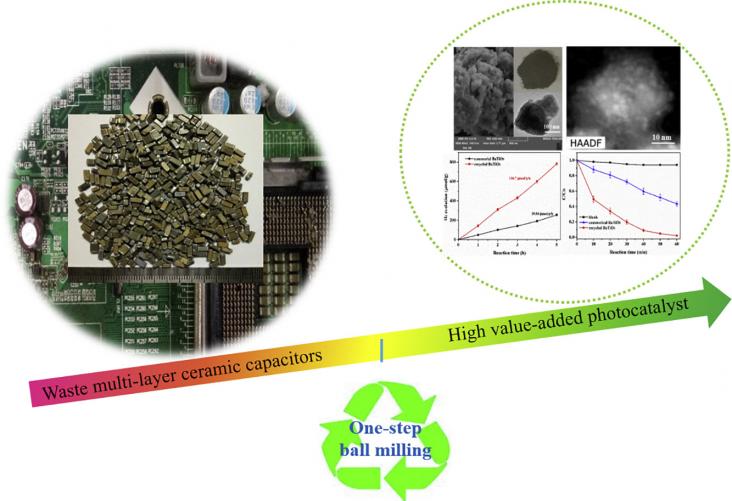This book presents methods of computational intelligence and data fusion that have applications in agriculture for the non-destructive testing of agricultural products and crop condition monitoring. This chapters address SDGs 2 and 9 by presenting methods related to the combination of sensors with Artificial Intelligence architectures in Precision Agriculture.

Focussing on SDGs 9 (industry, innovation and infrastructure) and 11 (sustainable cities and communities), BEYOND 2020 endeavours to link the built environment sector to the SDGs.

Waste multilayer ceramic capacitors (MLCCs), containing BaTiO 3 , Ag, Pd, Ni and Sn etc., are valuable secondary resource.
This article supports SDG 13 and 9 by investigating financial decision being made utilizing climate-risk assessments
International Built Environment Week (IBEW), to be held from 3 to 6 September 2019, is the most comprehensive event in Asia Pacific on the built environment.
The Africa Regional Data Cube (ARDC), based on the Open Data Cube infrastructure, is a technological innovation that layers 17 years of satellite imagery and Earth observation data for five African countries. This report identifies the key enabling environment, data management and sharing factors that affect the operationalization of the ARDC and makes recommendations to inform the scale-up of the technology, furthering SDGs 9 and 17.
In the last couple of years, deep eutectic solvents (DESs) have been raising a lot of attention mainly due to their versatility and their easy and speedy preparation without the need of further purifi
The number of countries with a national development plan has more than doubled, from about 62 in 2006 to 134 in 2018.
This microplastics special issue compiled by Trends in Analytical Chemistry supports many of the SDGs, namely SDGs 3 (good health and well-being), 9.5 (enhance scientific research), 12 (responsible consumption and production), 14 (life below water) and 15 (life on land).

This event primarily focusses on SDG 9 (industry, innovation and infrastructure), exploring the technical and engineering challenges of addressing all 17 Sustainable Development Goals.
